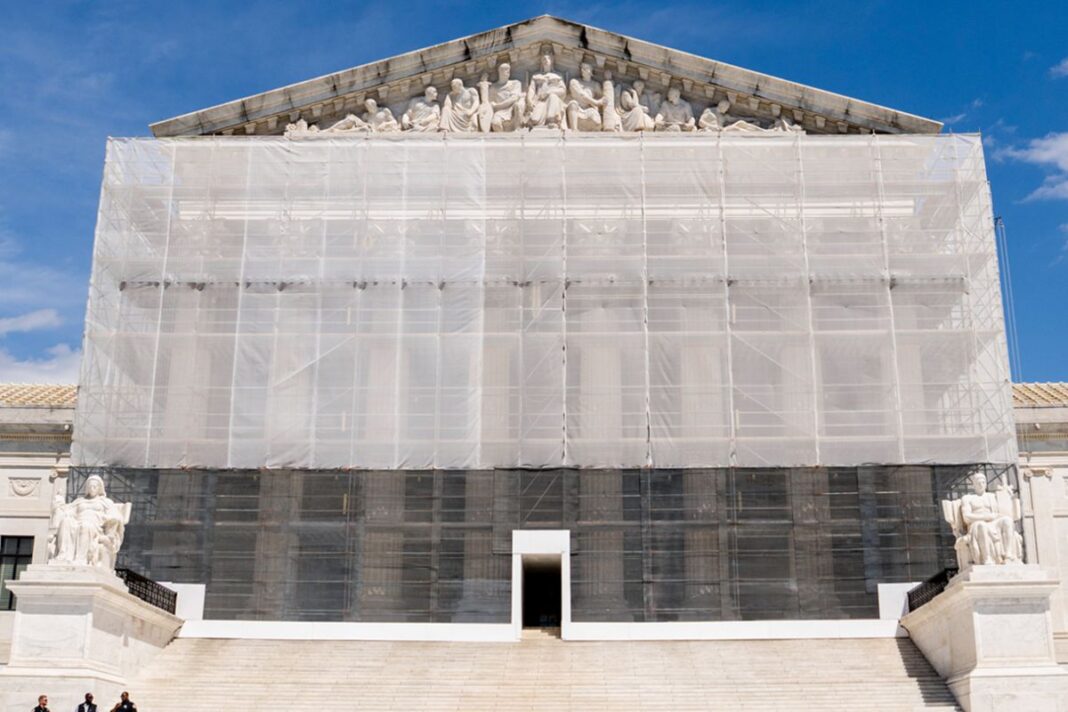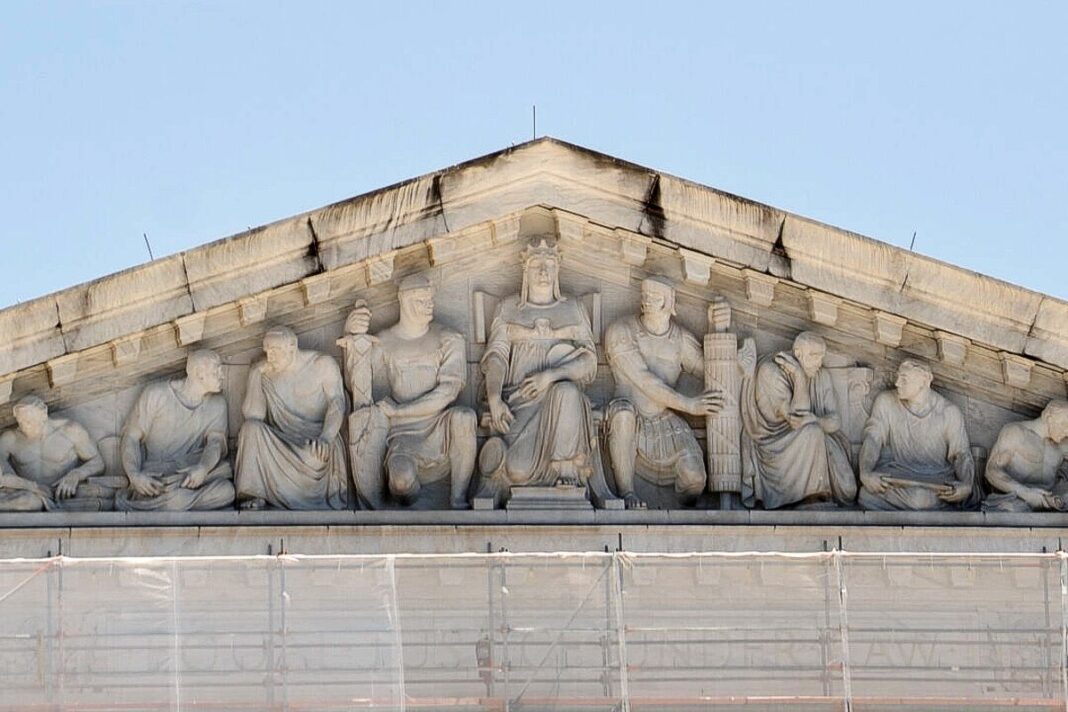A nonprofit had alleged that Congress improperly delegated its power to the Federal Communications Commission.
The Supreme Court said on June 27 that the Federal Communications Commission (FCC) had not violated the Constitution in its operation of a fund geared at providing universal telecommunications service to Americans.
The 6–3 decision said that the FCC’s scheme of funding universal service did not violate the nondelegation doctrine, which generally prohibits Congress from allowing other entities to take on its legislative responsibilities.
Justice Elena Kagan wrote the majority opinion and was joined by Chief Justice John Roberts in addition to Justices Brett Kavanaugh, Amy Coney Barrett, Sonia Sotomayor, and Ketanji Brown Jackson.
In the dissent was Justice Neil Gorsuch, who penned an opinion joined by Justices Samuel Alito and Clarence Thomas.
The Biden administration had asked the Supreme Court to intervene after it lost in the U.S. Court of Appeals for the Fifth Circuit. There, a panel of judges held that the FCC couldn’t delegate its power to the fund, which is run by a private company. It also said that Congress may have “impermissibly delegated its taxing power to private entities.”
The Biden administration disagreed with the appeals court’s decision and told the Supreme Court in September that Congress had set up comprehensive guidance for the FCC to implement the fund. Because Congress outlined things such as who receives the benefits of the funds, it gave the FCC some authority but didn’t unconstitutionally delegate its power, the administration said.
By the time the case was argued in March, the Trump administration was defending the FCC. Acting Solicitor General Sarah Harris similarly pointed to the ways Congress had instructed the FCC. Congress’s law on universal service was “no delegation running riot,” Harris said.
This is a developing news story and will be updated.
By Sam Dorman








